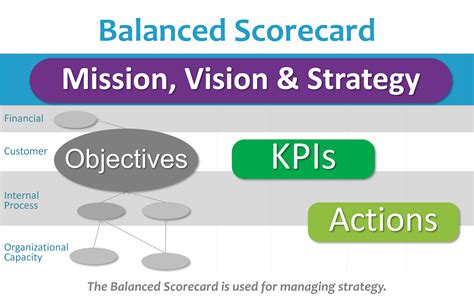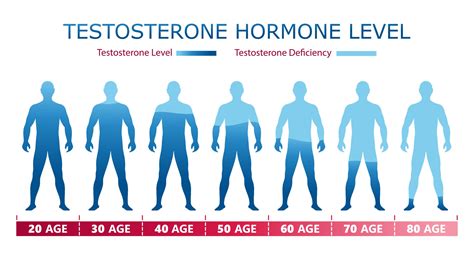Maximize workout recovery to sustain peak energy & performance?

In the relentless pursuit of fitness goals, whether it’s building muscle, increasing endurance, or simply improving overall health, intense workouts are just one side of the coin. The often-overlooked, yet equally critical, other side is recovery. True progress isn’t made during the workout itself, but in the hours and days that follow, as your body adapts and rebuilds stronger. Ignoring proper recovery protocols can lead to diminishing returns, plateaus, increased injury risk, and chronic fatigue, ultimately hindering your ability to sustain peak energy and performance.
The Science Behind Effective Recovery
During strenuous exercise, your body undergoes controlled stress. Muscle fibers incur micro-tears, energy stores (glycogen) are depleted, and the nervous system is taxed. Recovery is the biological process where your body repairs this damage, rebuilds tissues, replenishes energy, and adapts to become stronger and more resilient. This adaptive response, known as supercompensation, is what drives progress. Without adequate recovery time and resources, the body remains in a state of breakdown, leading to overtraining symptoms rather than growth.
Understanding the physiological demands of your training and aligning your recovery strategies accordingly is paramount. This isn’t just about resting; it’s about actively facilitating your body’s repair mechanisms to ensure you return to your next session refreshed, stronger, and ready to perform at your best.

Pillars of Optimal Recovery
1. Prioritize Sleep: The Ultimate Regenerator
Sleep is arguably the most powerful recovery tool. It’s during deep sleep stages (NREM) that growth hormone is predominantly released, which is vital for tissue repair, muscle growth, and fat metabolism. REM sleep, on the other hand, plays a crucial role in cognitive recovery and mood regulation. Chronic sleep deprivation elevates cortisol (stress hormone) levels, impairs glucose metabolism, and reduces immune function, directly sabotaging your recovery and performance.
Aim for 7-9 hours of quality sleep per night. Establish a consistent sleep schedule, create a dark, cool, and quiet sleep environment, and limit screen time before bed to optimize your body’s natural restorative processes.

2. Fuel Your Body Smartly: Nutrition & Hydration
What you consume post-workout is critical for replenishing depleted energy stores and providing the building blocks for muscle repair. A balanced intake of macronutrients is key:
- Protein: Essential for muscle protein synthesis (MPS) – the process of repairing and building new muscle tissue. Aim for 20-40 grams of high-quality protein within an hour or two post-workout.
- Carbohydrates: Replenish muscle glycogen stores, which are your primary energy source during exercise. Consume complex carbohydrates to restore energy efficiently.
- Healthy Fats: Support hormone production and reduce inflammation, contributing to overall health and recovery.
Hydration is equally vital. Sweating during exercise leads to fluid and electrolyte loss, which can impair performance and recovery if not adequately replaced. Drink water consistently throughout the day, and consider electrolyte-rich beverages during or after intense, prolonged workouts.

3. Embrace Active Recovery & Mobility
While rest days are important, active recovery can accelerate the process. Light activities like walking, cycling at a low intensity, swimming, or yoga increase blood flow to muscles, helping to remove metabolic waste products and deliver fresh nutrients without adding significant stress. Incorporate mobility work, such as stretching, foam rolling, and dynamic movements, to improve flexibility, reduce muscle soreness, and prevent stiffness. This helps maintain range of motion and can contribute to injury prevention.

4. Manage Stress
Chronic mental and emotional stress can be as detrimental to recovery as physical stress from training. Elevated cortisol levels due to non-training stressors can interfere with muscle repair, suppress the immune system, and negatively impact sleep. Incorporate stress-reduction techniques into your daily routine, such as meditation, deep breathing exercises, spending time in nature, or engaging in hobbies you enjoy.
5. Consider Strategic Supplementation (If Applicable)
While whole foods should always be the priority, certain supplements can aid recovery for some individuals. Creatine, branched-chain amino acids (BCAAs), glutamine, and omega-3 fatty acids are popular choices that can support muscle repair, reduce soreness, and decrease inflammation. Always research and consult with a healthcare professional before adding supplements to your regimen.
Reaping the Rewards: Sustained Energy & Performance
By diligently implementing these recovery strategies, you unlock a cascade of benefits that directly contribute to sustained peak energy and performance. You’ll experience less muscle soreness, improved physical and mental readiness for subsequent workouts, enhanced strength and endurance gains, and a reduced risk of injury. Moreover, consistent recovery helps maintain a healthy immune system, keeping you in the gym and off the sidelines.
Think of recovery not as downtime, but as an integral part of your training. It’s the critical phase where your body adapts, strengthens, and prepares for future challenges. Prioritizing recovery is an investment in your long-term health, fitness, and overall well-being, allowing you to consistently perform at your absolute best.









